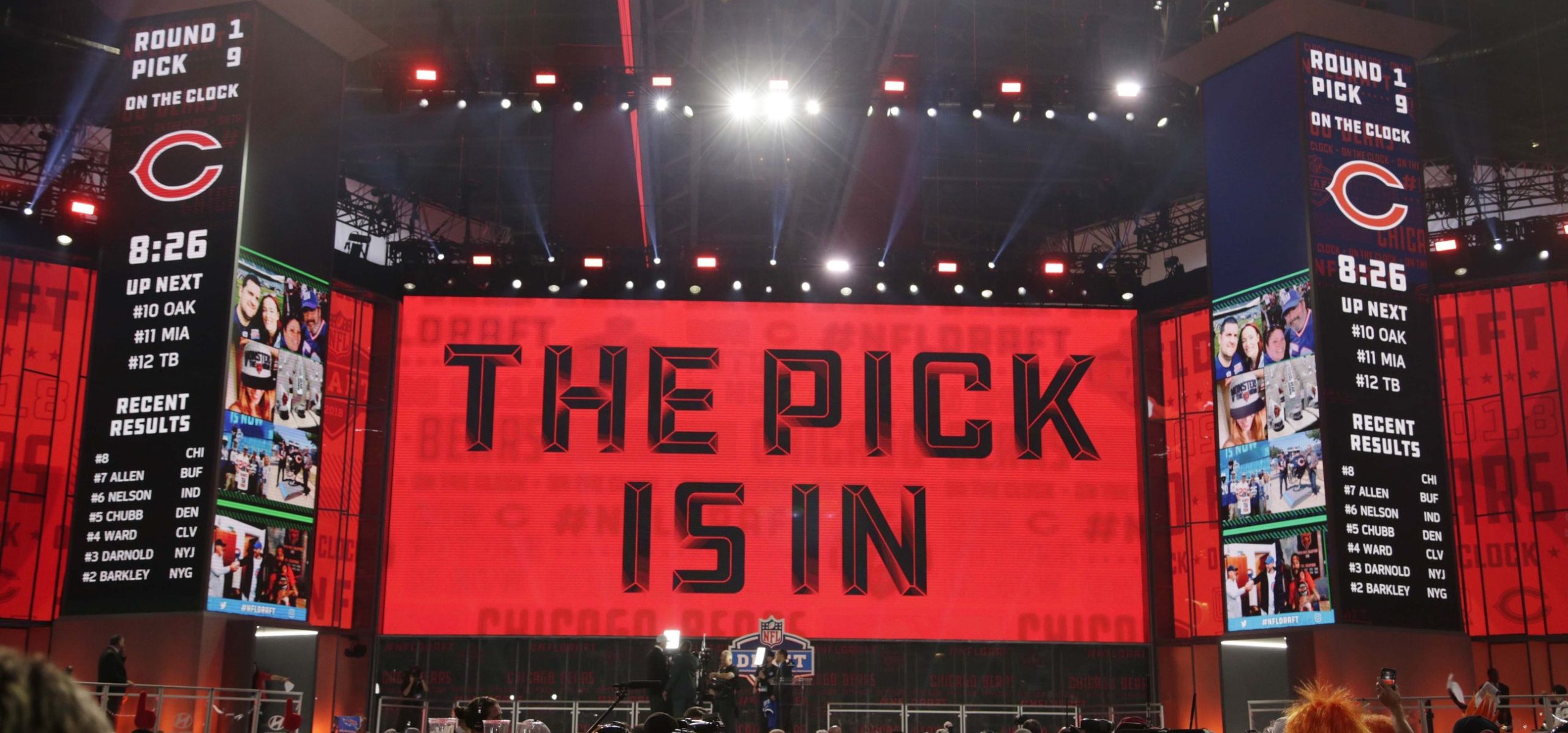Chris Bosh is only 32 years old. He’s been in the league since 2003, part of the same sensational draft class as LeBron, Dwyane Wade, and Chris Paul, and he obviously joined James and Wade on two Miami Heat title teams.
He’s also survived two separate blood clots, cutting short both of the last two seasons. Bosh hasn’t played since his second diagnosis, in February of 2016. That has led to plenty of friction between Bosh, who by all accounts wants to play despite his condition, and the Miami Heat, who aren’t willing to give him the medical clearance necessary to compete. It’s a difficult situation, and perhaps partially because of the Bosh dilemma, the new league CBA will reportedly include a way to facilitate similar disputes.
That’s according to Howard Beck of Bleacher Report, who on Tuesday published a fascinating piece on this story. As Beck notes, the new CBA will allow for panels to be convened to determine the medical clearance of players whose lives might be at risk if they were to play:
The NBA’s new labor deal, agreed upon last Wednesday, will create for the first time an independent medical panel to settle life-and-death cases, according to details obtained by Bleacher Report.
When a player is declared medically “unfit” to play, his case can be referred to the panel by his team, by the league or by the players association.
If the panel determines the player has a life-threatening condition, it could bar him from playing in the NBA again.
If, conversely, the panel determines the player’s team wrongly disqualified him, it could compel the team to make a choice: play the individual, trade him or waive him within a set period of time.
The panel’s decisions will be final and binding on all parties.
Had the program been in place this season, Bosh’s fate might be clear by now.
Bosh is actually grandfathered in, as his diagnosis and dispute came while the league was operating under the old CBA. But as Beck notes, that doesn’t exclude him from the system:
Because his condition predates the new labor deal, Bosh will be exempt from the new protocols—i.e., his case cannot be submitted without his consent, sources said.
However, Bosh himself can initiate the process. He could even do so before the new labor deal takes effect on July 1, with the agreement of league and union officials.
It involves some risk.
If the panel ruled against Bosh, it could end his career. Alternatively, it could find in his favor and force the Heat to play him or set him free.
Under the rules of the new program, a player who is deemed unfit to play cannot resubmit his case for six months—and only if his condition has significantly changed, or a new medical advance is introduced.
Obviously that puts Bosh in a bit of limbo. He could try to work under the old rules, attempting to force the Heat into trading or waiving him, and then taking his chances on being cleared by another franchise. Or he could take a gamble on the new system, which could find in his favor and guarantee his reentry into the league. But, as Beck notes, the downside to the new protocol is binding, and could mean the end of his playing days.
Bosh apparently wants to play, and seems willing to do whatever is necessary to get back onto the court, though he could very well be risking his life to do so. The Heat have to act as an employer, in this case, with all the liability that entails. It’s incredibly complex, and everyone’s interests are aligned in some ways, and divergent in others.
Most of all, it’s a reminder of how sad it is that Chris Bosh isn’t fully healthy. He was and likely still would be a fantastic player, and is generally seen as one of the good guys in basketball. If his career ended like this, it’d be a real shame.
It wouldn’t be a tragedy, though. And a tragedy is what the league is looking to avoid with these new medical panels. Whether or not it’s entirely about liability or public image, it’s hard to be too upset when a league wants to cover all the bases. The union seems to agree, and both sides have bargained this rule with an eye on protecting a player’s right to earn a living, while also protecting the player from their own willingness to play through a life-threatening condition.
The panels make sense.
Hopefully they’re utilized very, very rarely.
[b/r]






